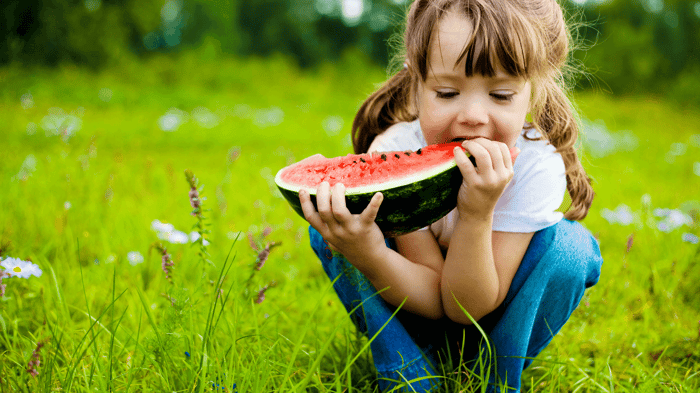
How are our gut and skin connected?
The gut-skin connection has been known about for decades but only now is it getting the attention, and legitimacy, it deserves. It's easy to forget that our skin is a very important and vital functioning organ. In fact, it’s our largest organ, at more than 21 square feet and 6% to 10% of our body weight!
We can’t see what is going on inside our bodies, so the skin is a great external indicator of what is actually going on internally. If you, like me, have suffered at some point with allergies, rashes or mild skin irritations for apparently no reason (this includes acne, eczema, psoriasis and dermatitis!) these are signs that there may be an imbalance in your gut.
After some research, I found I wasn’t alone with these problems: I tended to suffer from bouts of dry skin on my upper arms and legs, which became very itchy, especially during the night.
I discovered, for instance, that around 34% of people suffering from irritable bowel syndrome (IBS) have some form of skin problem, and people with rosacea were 10 times more likely to have a small intestinal bacterial overgrowth.
I figured that there must be some kind of connection between my gut and my skin problems and decided to look into it further.
Our guts, which consist of our own intestinal tissue as well as a microbial community of food-digesting bacteria, break down and absorb nutrients from the foods we consume. When our intestines are able to do their job well and we have the right mix of bacterial species in our microbial community, our gut supports our immune system, balances our hormones, rids our body of toxins and maintains healthy skin. If our gut is not functioning properly we are unable to properly break down and absorb important nutrients and vitamins that our bodies need.
This is why it is essential we take notice of our gut for inward health and an outward glow.

How can we reset our guts?
What can we do to reset our gut and get that healthy glowing skin?
- Stay hydrated - Water is extremely beneficial for the mucosal lining and helps our guts balance the healthy bacteria. I typically drink what I thought was more than enough water (around 1 ½ litres a day) but in fact I should be drinking almost double that, and even more in hot weather or after the gym.
- Relax - Low quality sleep and high stress levels can have a big impact on our guts. Try to have an early night a few times a week, cut back on the coffee (if possible) and develop an active habit. You don’t need to be a gym bunny: something as simple as going for a walk will help with your stress levels.
- Eat slowly - Another bad habit of mine. Eating pace is important because you need to give your body time to digest, which will also reduce bloating and discomfort. Try putting your knife and fork down between bites: it sounds simple, but it really does work.
These are all fantastic ways to help our guts, but I’ve saved the most important healthy-gut tip for last. Say hello to the good guys on the block, commonly known as probiotics and prebiotics.
What are prebiotics and probiotics and where can we find them?
Probiotics are the helpful live microorganisms that live in the gut. When your microbial community is full of probiotics, they help you with optimal digestion and absorption of the fuel your body needs and keep bad, gassy bacteria out of your body. Prebiotics are a super-strong fiber that passes undigested through your system and becomes superfood for the probiotics.
Probiotics are commonly found in:
- Pickled cucumbers
- Yogurt
- Buttermilk
- Kefir
- Cheese
- Bananas
- Watermelon
- Sauerkraut
- Mango
- Pineapple
Prebiotics are mainly found in:
- Garlic
- Onions
- Honey
- Apples
- Chicory
- Savoy cabbage
- Asparagus
- Dark chocolate
I found it really simple to incorporate most of these foods into my diet by simply making myself overnight oats for breakfast and adding honey, bananas or mango. If I was in need of a snack in the afternoon, it only takes a couple of minutes to knock up a delicious fruit and yogurt smoothie.
A lot of the foods we make at home already contain onions and garlic so I didn’t really need to change much to get enough prebiotics, but I now have a perfect excuse to enjoy some dark chocolate without feeling guilty!
As you can see it’s really easy to naturally add pre- and probiotic food to your diet. If you still struggle getting them in, or if you want to be certain you’re getting them every day, pro and prebiotic supplements are available. However, it is always best to consult your healthcare provider before choosing a supplement, as not one will work for all.
Look forward to resetting your gut for healthy glowing skin, and be ready to be vividly you!





